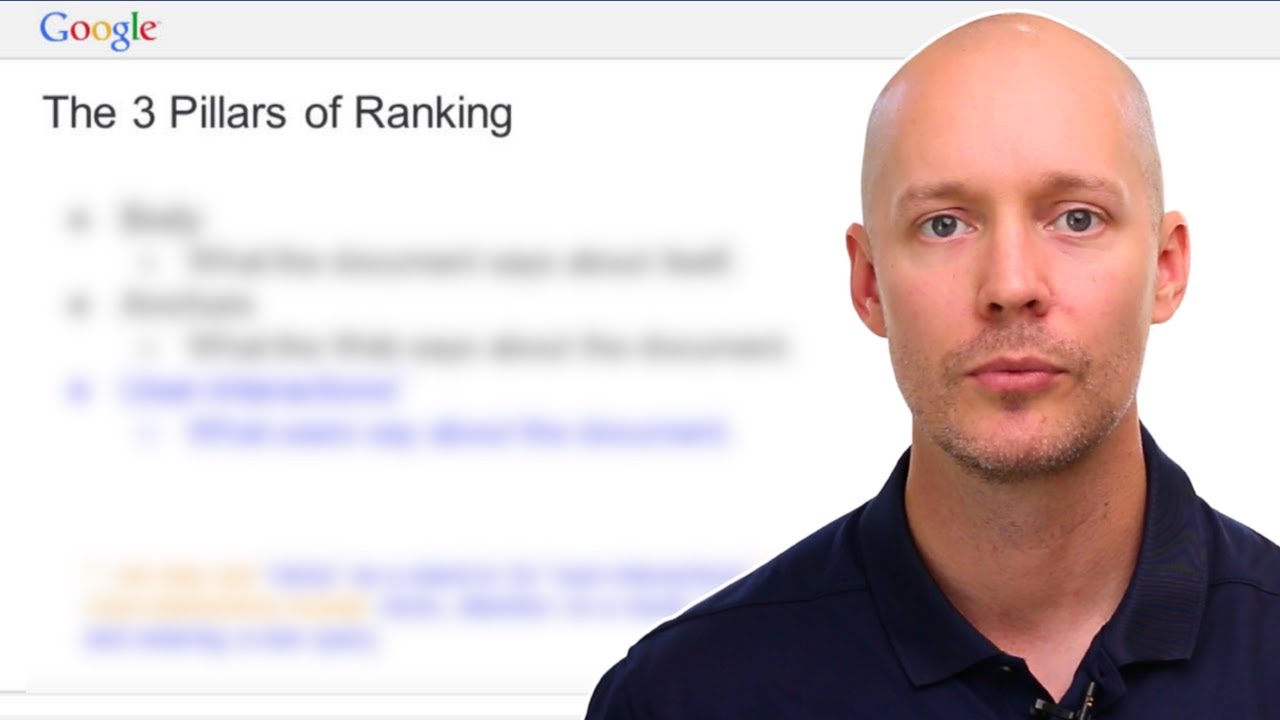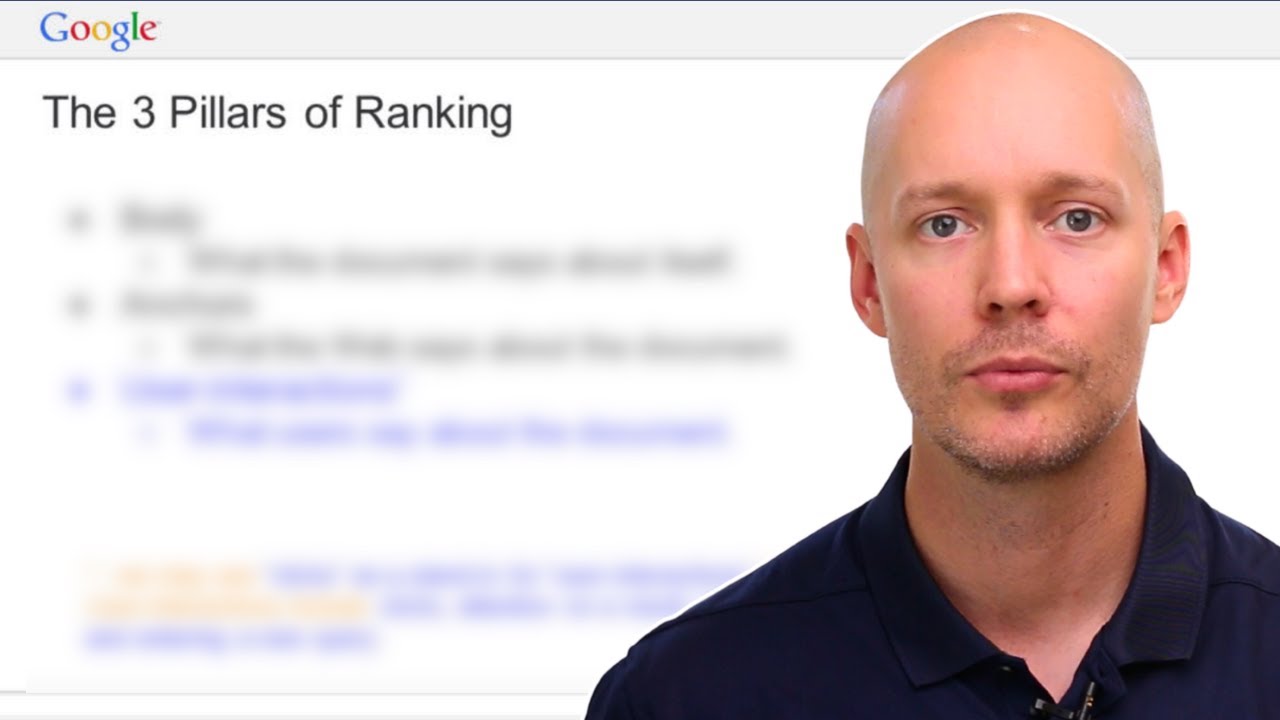In recent news, Google has found itself in the middle of a lawsuit as details regarding the inner workings of their search engine have been leaked. This information has the potential to be a game-changer for those in the field of search engine optimization (SEO). In a video by Nathan Gotch, he shares a technique that ethically manipulates Google’s algorithm, offering valuable insights on how to gain an advantage. The video prompts viewers to analyze Google ranking data for specific keywords, identify top-ranking URLs over the past two years, and even provides guidance on outranking specific pages through content uploading. With Google’s ranking factors including content, backlinks, and user engagement, creating high-quality SEO content remains crucial. However, the leaked information suggests that content alone is not enough and that user engagement, measured through click data and interactions, plays a pivotal role. To improve rankings, it is recommended to optimize on-page SEO basics, utilize NLP keywords, track user engagement with tools like Mouse Flow, and constantly improve user experience. Ultimately, the goal is to ethically manipulate Google’s algorithm by generating positive user signals through helpful content and engagement. The importance of staying ahead in the world of SEO cannot be overstated, so be sure to watch the video by Nathan Gotch for more fascinating insights into how Google’s algorithm operates.
Google Faces Lawsuit
Details of Search Engine Leaks
Google is currently facing a lawsuit, and as a result, some details about how their search engine works have been leaked. This information has significant implications for SEO, as it can be used to gain an advantage in ranking on Google’s search engine results pages (SERPs).
Leaked Information and SEO Advantage
Using Leaked Details to Gain SEO Advantage
The leaked information regarding Google’s search engine algorithms provides valuable insights that can be leveraged to improve SEO strategies. By understanding how Google ranks websites, SEO professionals can optimize their content and website structure to increase their chances of appearing higher on the SERPs.
One technique that has been shared by Nathan Gotch in a video is ethically manipulating Google’s algorithm. This involves generating positive user signals through helpful content and engagement, ultimately leading to higher rankings. Ethical manipulation involves providing value to users and ensuring that they have a positive experience on the website.
Analyzing Google Ranking Data
Identifying URLs with Best Rankings over 2 Years
A prompt given in the video is to analyze Google ranking data for a specific keyword and identify URLs that have achieved the best rankings over the past two years. This analysis helps SEO professionals gain insights into what URLs have achieved ranking stability and can serve as benchmarks for developing effective SEO strategies.
By examining the URLs that consistently rank well, SEO professionals can identify common trends and strategies employed by those websites. This information can then be used to inform their own content creation and optimization efforts.
Outranking a Specific Page by Uploading Content
Another prompt provided in the video is to outrank a specific page by uploading content. This requires performing a SWOT analysis of the target page and identifying opportunities to create content that is superior to that of the competition. By leveraging weaknesses in the competitor’s page and capitalizing on their own strengths, SEO professionals can develop a content strategy that increases their chances of outranking the target page.

Google’s Ranking Pillars
Content
According to Google, there are three pillars of ranking: content, backlinks, and user engagement. Content plays a pivotal role in determining the quality and relevance of a webpage. While Google’s algorithms have improved over the years in understanding content through NLP (Natural Language Processing), it still relies on other signals, such as backlinks and user engagement, to assess content quality.
Creating epic SEO content is crucial to ranking well, as it demonstrates expertise, authority, and relevance. However, it is essential to note that content quality is not solely determined by Google’s algorithms. Instead, it relies on feedback from users and other external signals to gauge the value of content.
Backlinks
Backlinks are a crucial component of Google’s ranking algorithm. They serve as an indication of a website’s authority and credibility. The more high-quality backlinks a website has, the more likely it is to rank higher on the SERPs.
While backlinks are fundamental, it is important to ensure that they align with user signals. Backlinks alone may help rank a page, but ranking stability occurs when user signals, such as clicks and engagements, align with the quality indicated by the backlinks.
User Engagement
User engagement is the invisible force behind Google’s ranking algorithm. It refers to how users interact with search results and webpages. Google measures user engagement through click data in the search results and user interactions on the page.
When users click on a search result and spend time engaging with the content, it indicates that the webpage satisfies the user’s intent. Positive user engagement signals to Google that the page is relevant and valuable, thus improving its chances of ranking higher.
Importance of Creating Epic SEO Content
Quality Determined by Other Signals
While creating high-quality SEO content is essential, it is crucial to understand that content quality is not solely determined by Google’s algorithms. Instead, it relies on a combination of user signals, external data, and user feedback to assess the value and relevance of content.
By creating epic SEO content, you provide value to users and increase the likelihood of positive user signals. This, in turn, indicates to Google that your content is relevant and authoritative, leading to higher rankings on the SERPs.
User Engagement and its Significance
Measuring User Engagement through Click Data and Page Interactions
User engagement plays a significant role in Google’s ranking algorithm. Google measures user engagement through click data in the search results and various page interactions. If users are clicking on your search result and spending time engaging with your content, it signals to Google that your page satisfies their intent.
Positive user engagement is crucial for ranking stability on Google’s SERPs. The more users engage with your page, the more likely Google perceives your content as valuable and relevant, leading to higher rankings.
Impact of UX Elements on User Experience
User experience (UX) elements such as loading speed, distractions, and design play a crucial role in user engagement. Poor loading speed can disrupt user experience, even if the content itself is of high quality. Therefore, it is essential to optimize loading speed to ensure a seamless user experience.
Additionally, elements like excessive ads, pop-ups, and distracting design can negatively impact user experience, leading to a decrease in engagement. Prioritizing user experience over monetization and ensuring that your content is easy to consume and navigate can significantly improve user engagement.
Creating 10x Better Content
Differences from Existing Content
To succeed in SEO, it is essential to create content that is different and ten times better than existing content. Simply replicating what already exists will not provide a competitive advantage. Instead, focus on identifying gaps in the existing content and providing unique insights, value, and perspectives that set your content apart.
By thoroughly understanding the top-ranking competitors, you can analyze their strengths, weaknesses, opportunities, and threats (SWOT). This analysis will give you insights into what makes their content successful and areas where you can create content that surpasses theirs.
SWOT Analysis of Top-Ranking Competitors
Performing a SWOT analysis of top-ranking competitors allows you to identify their strengths, weaknesses, opportunities, and threats. By understanding what your competitors are doing well, you can take inspiration and create content with similar strengths. Moreover, analyzing their weaknesses and opportunities will enable you to identify areas where you can outperform them.
A SWOT analysis provides valuable insights into your competitor’s strategies, content quality, backlink profile, and user engagement. Utilize this analysis to create content that capitalizes on their weaknesses and provides unique value to users.
Optimizing On-Page SEO
Basics of On-Page SEO Optimization
On-page SEO optimization is a fundamental aspect of improving search engine rankings. Several basic practices can significantly impact website visibility and performance on the SERPs.
- Primary Keyword Placement: Include your primary keyword phrase in the URL, title, meta description, H1 tag, and the first sentence of your content. This helps search engines understand the relevance of your page to specific search queries.
- NLP Keywords: Use NLP (Natural Language Processing) keywords to further optimize your content. These keywords can assist in identifying content gaps and creating new sections that address those gaps, improving the overall relevance and relevance of your content.
By implementing these on-page SEO basics, you can enhance the visibility and relevance of your content, ultimately improving your rankings on the SERPs.
Utilizing NLP Keywords
NLP (Natural Language Processing) keywords can play a significant role in optimizing on-page SEO. These keywords go beyond mere mentions of primary keywords and help identify content gaps and opportunities for enhanced relevance.
Using tools like Surfer, you can analyze NLP keywords related to your primary keyword. This analysis enables you to identify topics and subtopics that users are searching for and ensure that your content adequately addresses these areas. By incorporating NLP keywords and expanding your content to cover related topics comprehensively, you can improve your chances of ranking higher on the SERPs.
Improving User Experience and Engagement
Tracking User Engagement with Tools like Mouse Flow
Tracking user engagement is crucial for understanding how users interact with your website and content. Tools like Mouse Flow allow you to monitor user behavior, including clicks, movement, and scroll behavior, providing critical insights into user experience and engagement.
By analyzing user recordings and heat maps, you can identify patterns, common behaviors, and areas of improvement. This data can guide your SEO strategies and website optimizations, ensuring a seamless and engaging user experience.
Recommendations for Enhancing User Experience
Improving user experience goes hand in hand with enhancing user engagement and SEO performance. Consider the following recommendations to enhance user experience:
- Optimize Loading Speed: Ensure your website loads quickly, as slow loading times can lead to user frustration and high bounce rates. Optimize images, utilize caching, and minimize unnecessary scripts to improve loading speed.
- Prioritize User Intent: Ensure that your content directly satisfies the intent of users’ search queries. Focus on providing valuable, comprehensive, and well-organized information.
- Minimize Distractions: Avoid excessive ads, pop-ups, and intrusive design elements that may distract users from consuming your content. Focus on creating a clean and user-friendly interface.
- Provide Visual Content: Incorporate unique visual media, such as images, infographics, and videos, to enhance engagement and captivate users’ attention. Visual content can effectively convey information and break up text-heavy pages.
By implementing these recommendations, you can create a compelling user experience that encourages engagement and positively impacts your SEO performance.
Conclusion
Summary of the Google Lawsuit and Search Engine Leaks
In conclusion, Google is currently facing a lawsuit, resulting in the leakage of valuable information about their search engine algorithms. This leaked information provides SEO professionals with the opportunity to gain an advantage in ranking on the SERPs.
Understanding Google’s ranking pillars, including content, backlinks, and user engagement, is essential for devising effective SEO strategies. Creating epic SEO content that provides unique value to users is crucial, as content quality is determined by user signals and external data.
User engagement plays a significant role in Google’s ranking algorithm, and optimizing user experience is key to maximizing engagement. By tracking user engagement through tools like Mouse Flow, you can gain valuable insights and make data-driven improvements to your website.
In the end, it is important to remember that Google’s algorithms are constantly evolving, and SEO professionals must adapt accordingly. By staying informed and utilizing the leaked information ethically, SEO professionals can navigate the ever-changing landscape of search engine optimization and achieve success in their ranking efforts.
